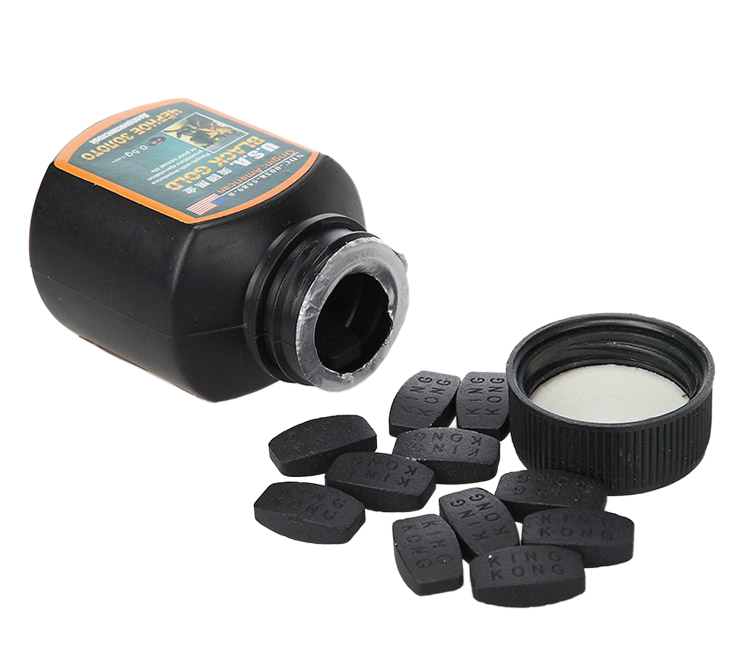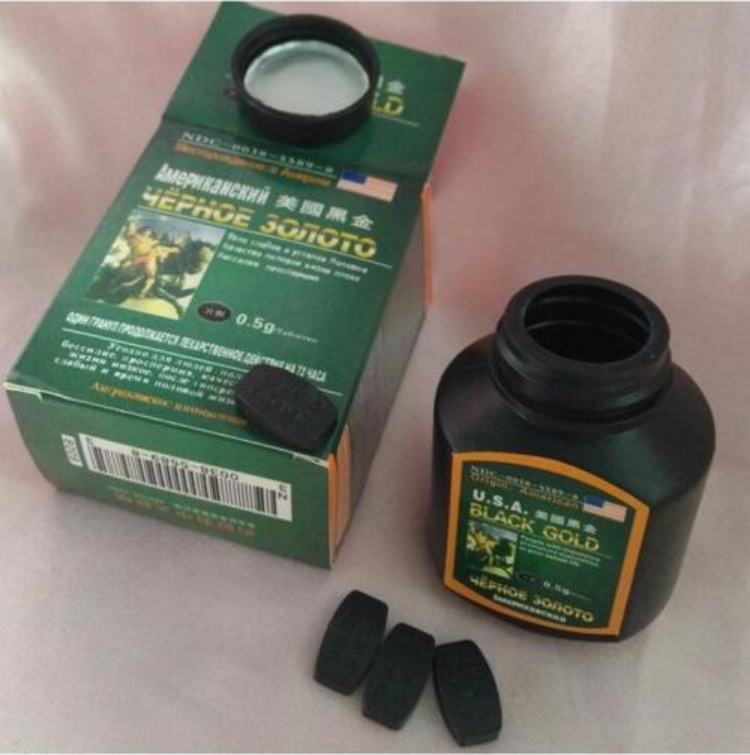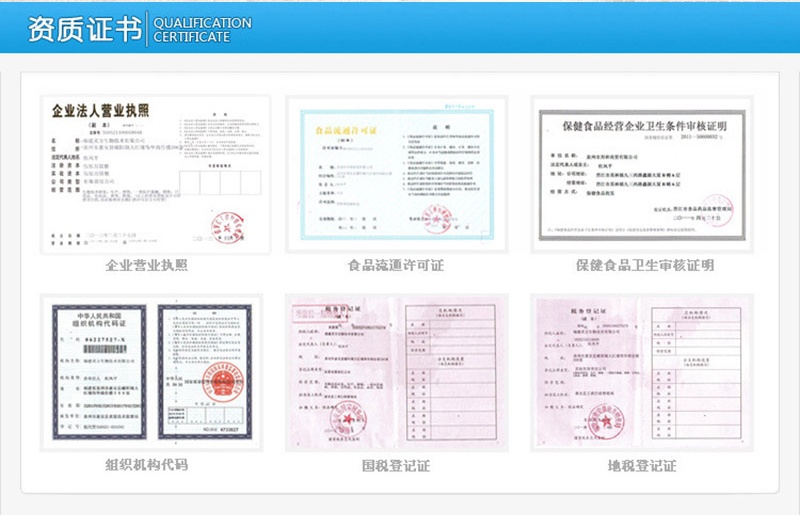美国黑金是用了食药同源的打根提取物、黄精、枸杞子、沙棘、黄芪、山药、鹿茸、白果、枸杞、灵芝、欲享宝等多种天然贵重中药材由香港阳光生物科技有限公司精制而成。通过国内严苛的GMP标准制成。中药物配伍,具有调和阴阳,温阳补肾,扶正固本,增强体质的功效。医圣张景岳认为:阴阳互根,故善补阳者,必于阴中求阳,则阳得阴助,而生化无穷。具有良好的康复保健功效和作用。美国黑金经现代科学配比,运用进口的生物技术萃取精制而成,保持草本植物的特性,不含任何激素,不含任何对人体有害的化学物质,效能高于草本植物精华,更易吸收。

美国黑金使用禁忌:
1、感冒发热期不宜使用。
2、少辛辣、生冷、油腻食物。
3、心脏、肝、肾等功能不全者不宜使用。
4、孕妇及哺乳期和未成年人不宜使用。
美国黑金严选道地良心动植物精华,先进的生产工艺,美国黑金,美国黑金天然安全,广泛认可,迄今好评率100%,我们有信心、有能力为您的家庭幸福保驾护航。美国黑金选用纯天然资料根据科学调配历经数年研发,安全可靠,无副作用和依赖性,契合国家质量检查规范。美国黑金。

美国黑金公司"以网络为基础,以服务为导向,以客户需求为中心,以低成本、方便快捷为宗旨",经营方针是"尽最大的努力,为用户提供最满意的、最高品质的技术服务"。凭着强烈的责任心和高水平的技术实力,已赢得了同行和广大客户的认可。广结朋友、创意进步、服务客户是公司发展壮大的基础。客户的满意是我们的骄傲,客户的成功是我们追求的目标。并推出美国黑金"7天无理由、无风险退货、换货保障计划",开全国同行业之先河。不断突破和创新,超越顾客期待的服务,向消费者全面展示了美国黑金产品的金牌品质!

美国黑金5瓶为一个周期,现在厂家做活动,可以额外的给你赠送1瓶,一共能用60天左右。由于美国黑金所选材料的天然性和独特性,保证了美国黑金的表现!
【商品名称】美国黑金
【适宜人群】男性人群
【不适宜人群】少年儿童、孕妇
【注意事项】服用前可适量饮酒,但不可过量.
【产品规格】0.6g/丸×12粒/瓶
【有效日期】24个月(最近6个月内生产)
【储藏方法】密闭,置于阴凉干燥处,儿童接触不到的地方
【真假分辨】美国黑金现已全面启用产品唯一防伪码作为新防伪标签。消费者收到产品后,可以针对产品上标识的新防伪标签进行二维码扫码真伪查询。
温馨提示:本网站为美国黑金厂家唯一授权官方网站,支持7天内无理由退换货。

扫码咨询专属客服
领取优惠,扫码即享



 美国黑金使用禁忌:
美国黑金使用禁忌:


